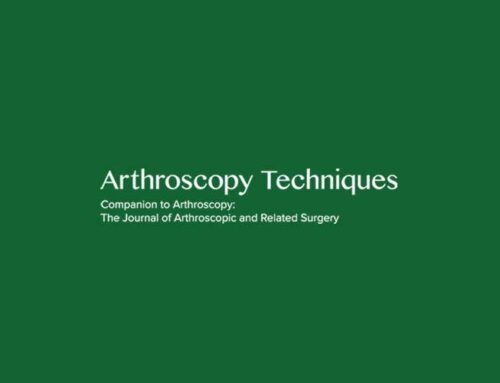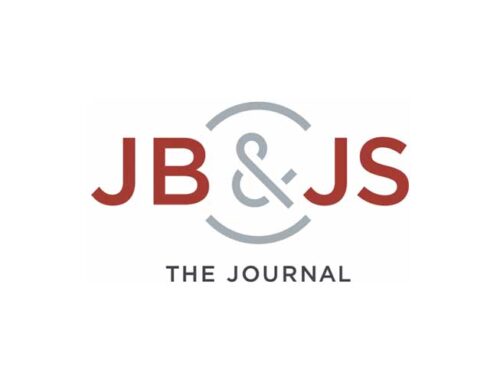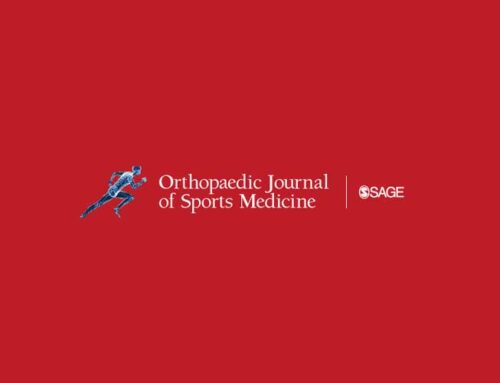PURPOSE:
The purpose of this study was to assess the surgical outcomes of endoscopically repaired full-thickness abductor tendon tears using validated outcome measures.
METHODS:
After institutional review board approval was obtained, clinical outcome data were retrospectively collected from patients who underwent endoscopic gluteus medius and/or minimus repair by a single surgeon between August 2009 and September 2011. With a minimum follow-up of 1 year, patients were evaluated using the modified Harris Hip Score and the validated Hip Outcome Score (HOS). The HOS questionnaire included 2 subsections: HOS-Activities of Daily Living and HOS-Sports. Physical examination data were gathered during routine clinic visits, 1 year postoperatively. Statistical analysis was descriptive. The change in strength testing postoperatively was assessed with the Wilcoxon signed rank test, with significance set at P ≤ .05.
RESULTS:
Twelve patients were identified, 1 of whom was excluded; 10 of 11 patients (91%) completed the study requirements. The mean patient age was 65.9 years (range, 60 to 74 years), 70% were women, and the mean follow-up period was 23 months (range, 13 to 38 months). The mean postoperative scores were 84.7 (SD, 14.5) for the modified Harris Hip Score and 89.1 (SD, 11.3) for the HOS-Activities of Daily Living, with 90% patient satisfaction. All patients had clinically and statistically improved abductor tendon strength (P = .004). Patients with good to excellent outcomes were younger (P < .001). There were no complications identified.
CONCLUSIONS:
In our small series, endoscopic abductor tendon repair was an effective surgical intervention after failed conservative management at short-term follow-up. Patients had reliably good to excellent outcomes with improved strength during hip abduction, were at low risk of complications, and were satisfied with the outcome. In addition, younger patients achieved better outcomes.
LEVEL OF EVIDENCE:
Level IV, therapeutic case series.



